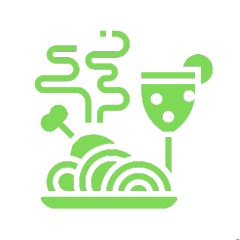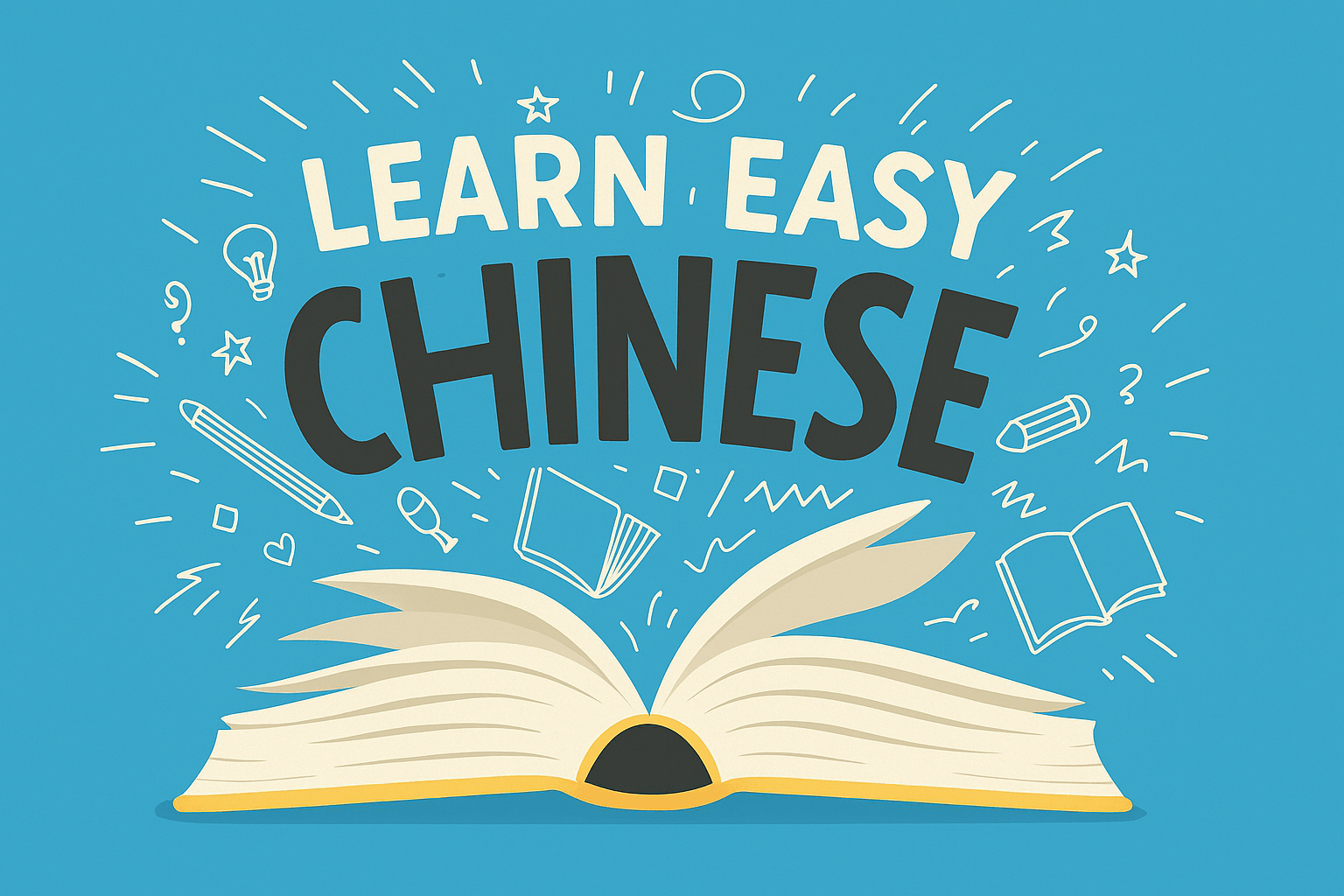
Learning Chinese can be a real pain in the pigu. Besides the writing system that shares no common roots with most of the languages used in the Western world, tones also muddy the water, and the thousands of head-scratching idiomatic expressions just add fuel to the fire.
Idioms pose comprehension challenges mainly because it’s difficult to get their real meaning from the literal sense; they only give you an “ah, I see” moment once you learn their context. Here, we list a dozen useful and commonly used Chinese idioms that hopefully will help you to fit in with social situations – or at least impress your Chinese friends.
一箭双雕 (yī jiàn shuāng diāo)
This expression literally means to shoot two hawks with one arrow and is the equivalent of the English phrase “To kill two birds with one stone,” meaning “to solve two problems at once.”
Example sentence:
他不仅谈成了一笔生意,还交了一位朋友,真是一箭双雕。Tā bù jǐn tánchéng le yī bǐ shēngyì, hái jiāo le yī wèi péngyǒu, zhēn shì yī jiàn shuāng diāo. He killed two birds with one stone – negotiated a business deal while making a new friend.
大海捞针 (dàhǎi lāo zhēn)
“To look for a needle in the ocean” means “to look for something that is impossible to find.” Counterpart expression in English: “a needle in a haystack.”
Example sentence:
在这个大城市里找一个人无异于大海捞针。 Zài zhège dà chéngshì lǐ zhǎo yīge rén wú yì yú dàhǎi lāo zhēn. Searching for one man in this big city is like looking for a needle in a haystack.
炒鱿鱼 (chǎo yóuyú)
“To fry the squid” means “to get fired from your job.”
Example sentence:
他上班总是迟到早退,被老板炒鱿鱼了。 Tā shàng bān zǒngshì chídào zǎotuì,bèi lǎobǎn chǎo yóuyú le. He got fired because he is always late to work and leaves early.

说曹操曹操就到 (shuō Cáo Cāo Cáo Cāo jiù dào)
This one means that the person you’re just talking about actually turns up at that moment. Cao Cao (曹操) was a famous general and warlord during the Three Kingdoms period in China. He was known for being cunning, strategic and always appearing unexpectedly – hence the saying. Counterpart expression in English: “speak of the devil.”
Example sentence:
说曹操曹操就到,我们正在讨论新来的同事,他就走进来了。Shuō Cáo Cāo Cáo Cāo jiù dào, wǒ men zhèng zài tǎolùn xīn lái de tóngshì , tā jiù zǒujìn lái le. Speak of the devil, the new colleague walked in when we were talking about him.
小菜一碟 (xiǎo cài yī dié)
Literally means “a plate of food.” Counterpart in English: “a piece of cake.”
Example sentence:
任务中最难的部分已经结束了,剩下的是小菜一碟。 Rènwù zhōng zuì nán de bùfèn yǐjīng jiéshù le, shèngxià de shì xiǎocài yī dié. The hardest part of the mission is over, and the rest is just a piece of cake.
不要在一棵树上吊死 (bú yào zài yī kē shù shàng diào sǐ)
“Don’t hang yourself on one tree” means “don’t invest all into a single opportunity at the risk of losing everything.” Counterpart expression in English: “Don’t put all your eggs in one basket.”
Example sentence:
这个办法行不通就换一个试试,不要在一颗树上吊死。Zhège bànfǎ háng bù tōng jiù huàn yīge shìshì, bú yào zài yī kē shù shàng diào sǐ. Try another way if this one doesn’t work. Don’t put all your eggs in one basket.
九牛一毛 (jiǔ niú yī máo)
“One hair from nine oxen” means “a tiny amount amongst a huge quantity.” Counterpart expression in English: “a drop in the ocean.”
Example sentence:
这点损失对他来说,只不过是九牛一毛。 Zhè diǎn sǔnshī duì tā lái shuō, zhǐ búguò shì jiǔ niú yī máo. For him, the loss was only a drop in the ocean.
唱白脸 (chàng bái liǎn)
“To sing white face” means “to play the villain.” In traditional Chinese dramas, the antagonist usually wears white-faced make-up. The antonym is 唱红脸 chàng hóng liǎn “to sing red face.” A similar expression in English is “do the dirty work.”
Example sentence:
你只要负责在这个纸上签字就可以了,白脸我来唱。Nǐ zhī yào fùzé zài zhège zhǐ shàng qiān zì jiù kěyǐ le, bái liǎn wǒ lái chàng. You go ahead and sign this paper, and I’ll do the dirty work.
吃不了兜着走 (chī bù liao dōu zhe zǒu)
Literally meaning “If you can’t eat it, you’ll have to carry it in your bag and take it with you.” This is a warning that you’ll have to face the consequences of your actions, similar to “to bite off more than you can chew.”
Example sentence:
这件事情要是出了什么差错,老板会让你吃不了兜着走。Zhè jiàn shìqíng yàoshì chū le shénme chàcuò, lǎobǎn huì ràng nǐ chī bù liao dōu zhe zǒu. You’re asking for real trouble from the boss if you can’t get this done well.
穿小鞋 (chuān xiǎo xié)
“To wear small shoes” means “to be punished in an underhanded way.”
Example sentence:
玛丽得罪了校长,因此校长就常给她穿小鞋。Mǎlì dézuì le xiàozhǎng, yīncǐ xiàozhǎng jiù cháng gěi tā chuān xiǎo xié. Mary angered the president, who made life very difficult for her.

闯红灯 (chuǎng hóng dēng)
“Run a red light” means “to break the rules.”
Example sentence:
他期末考试作弊,在老师的眼皮子底下闯红灯。Tā qīmò kǎoshì zuò bì, zài lǎoshī de yǎnpízi dǐxià chuǎng hóng dēng. He ran the red light in front of the teacher – cheated on the final exam.
打水漂 (dǎshuǐpiāo)
“To skip stones” means “to put money in jeopardy.”
Example sentence:
他投资的时候太过草率,十万块钱就这么打水漂了。 Tā tóuzī de shíhòu tài guò cǎolǜ, shí wàn kuài qián jiù zhème dǎshuǐpiāo le. He made a rash decision to invest, putting his RMB 100,000 in jeopardy.
READ: Mandarin Monday: 10 Every Day English Words Originally Borrowed From Chinese
Photo: Canva, Giphy






